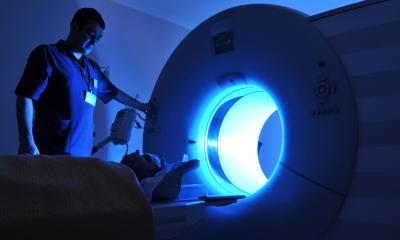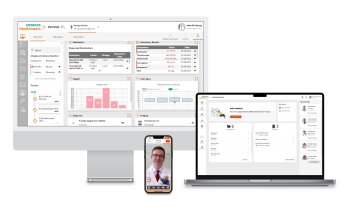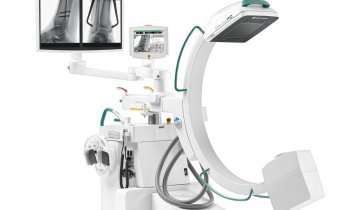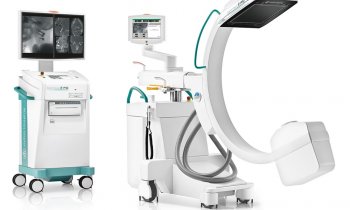The Tsunami International Survey on Emotional Impact
The Netherlands - Immediately after the tsunami devastated countries around Asia, three trauma researchers at the Department Psychiatry, University Medical Centre Utrecht, The Netherlands, as well as from the Department Military Psychiatry, Central Military Hospital in Utrecht, became involved in the care for a group of wounded Dutch patients who had been in Phuket.
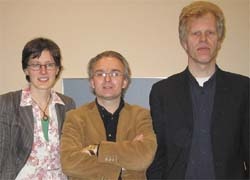
‘We sought how to help the survivors and at the same time learn from their experiences,’ explained Dr Eric Vermetten. Little over a week later, on 6 January, little over a week after the tsunami, we had written a protocol that used the internet to invite survivors, their loved ones, and professional aid workers to use a web survey to engage in active coping by emotional expression, using standardised trauma questionnaires. Based on prior experience after 9/11, when a web survey was initiated by a group of researchers from Stanford University, we wanted to do more. The 9/11 web survey demonstrated the benefits of using the internet to structure ones emotions, find family and friends, and seek help.’
Working as a team, Dr Vermetten, Dr Cobie Groenendijk and Dr Luc Taal opened the website to enable survivors to contact other victims though a forum, to track missing persons, and provide electronic consultation and information through links and documents. ‘They were enabled by pre-existing expertise with family tracking systems, network systems, experience with electronic consultation, and expertise with the assessment of the effects of trauma,’ said Dr Vermetten. ‘Also, several professional translations were invited for the survey, so that people from all over the world could use the survey. In under four weeks, the Tsunami International Survey on Emotional Impact (TISEI) website was launched. With no funding, but unconditional help from some large companies, data collection began and it provided help, initially for survivors in the Netherlands, and soon will be able to do the same for survivors across the world.’
Dr Vermetten also pointed out: ‘It is well known from previous disasters that the emotional impact is felt most when the world has forgotten about a disaster, whilst the mourning has not subsided, and the suffering is part of everyday life.
‘The initiative is new and challenging. Taken during this critical event, the initiative has also opened up new ways to implement the internet to assess the needs of disaster victims. The Organisation for Economic Cooperation and Development, and many other international organisations, should make use of the internet to deal with large-scale disasters. Where people can be lost, information management is critical, at both organisational and personal levels. Currently the site asks for local user groups to organise themselves and to provide regional psychological support.
Details: info@tisei.org
Or: Eric Vermetten MD PhD: e.vermetten@mindef.nl
01.03.2005




